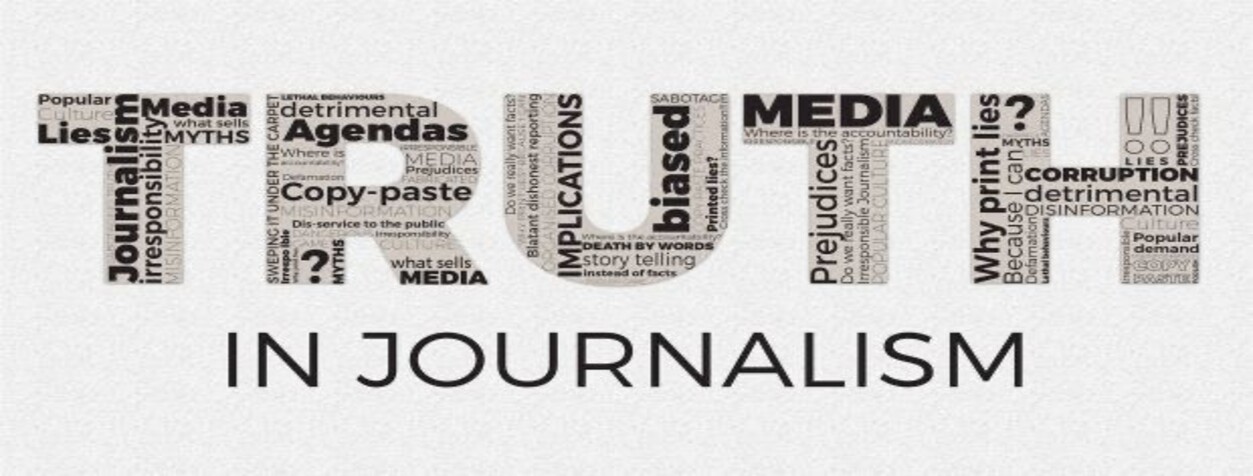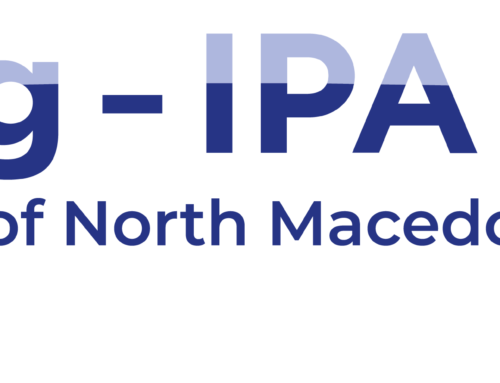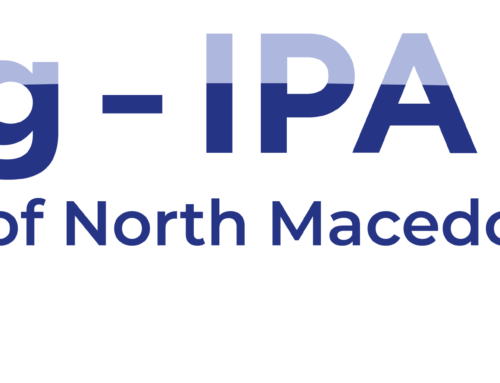In a time when information flows incessantly from our screens and pages, journalism’s role as guardian of truth and accountability has never been more critical. Journalism is the foundation on which democracies are built, providing citizens with the knowledge they need to make informed decisions. However, the state of journalism in Greece reveals an intense contrast to this ideal, as widespread public distrust of the media is a major challenge.
A survey by the Public Opinion Research Unit of University of Macedonia on public trust in journalism, presented during the iMedD International Journalism Week 2022, revealed an alarming reality: 74% of Greeks have little or no trust in their journalists, exceeding the global tendency of media skepticism. Greeks are also reluctant to financially support journalism, with less than a third considering it necessary. This reluctance to financially support journalism can have significant implications for the sustainability of quality journalism in Greece, as it can lead to a lack of funding for news organizations, which can affect their ability to produce high-quality and independent reporting. Furthermore, 92% of respondents believe that journalists in Greece are dependent on governments and political parties. The perception of such a high degree of political influence on journalists suggests that the Greek public views the media as less impartial and objective. When journalists are seen as closely tied to political interests, it can erode public trust in their reporting (The full survey is here).
The problem of the Greek public’s trust in journalism is great and has been growing in recent years. Research by Antonis Kalogeropoulos, lecturer at the University of Liverpool in the context of the report by the Reuters Institute for the Study of Journalism, University of Oxford (Digital News Report 2022) reveals that only 27% of Greeks trust the media, falling below the levels trust in many other countries in Europe, Africa, Asia and America. The United States has similarly low trust at 26%. Thus, Greece ranks 42nd out of 46 countries in terms of trust in the media. This ranking places Greece near the bottom of the list, indicating that trust in the media is among the lowest among the countries surveyed. In addition, it is noteworthy that Greece also has the lowest percentage of citizens who believe that the media is free from improper political and business interests. Only 7% of respondents believe that the Greek media is free from political influence and only 8% believe that the media is independent of business or commercial interests. This suggests that there is a widespread perception in Greece that the media is heavily influenced or controlled by political and business actors, which may contribute to a general lack of trust in the media. Therefore, the findings of the Research Unit are also confirmed by the research of Antonis Kalogeropoulos regarding mistrust in the media.
The crisis of trust in Greek journalism extends to Greek journalists as well. In a separate survey by the Research Unit in the journalistic community, 58% of journalists disagree “somewhat” or “strongly” that the work of their colleagues is commendable. Nearly two-thirds believe their superiors distort their work, suggesting the existence of editorial pressures or editorial interference that can compromise the integrity and accuracy of news reporting. The revelation that 80% of Greek journalists admit to occasional self-censorship is also worrying. This suggests that, even within their profession, journalists feel compelled to limit their own expression, which can hinder open and healthy journalism. Finally, more than 90% of journalists believe that the Greek media have a significant level of entanglement with the government, reflecting public perceptions of the entanglement of the media and the government (The full survey is here).
But what is the cause of the public’s distrust of the institution of journalism in Greece? First, the financial and debt crisis since 2009 has deepened mistrust, with broken government promises and political unrest making citizens feel cheated and fearful of media narratives. Close ties between media owners and political leaders exacerbate the perception of bias.
This environment of entrenched mistrust supports the spread of misinformation, including conspiracy theories and unsubstantiated claims, such as those for COVID-19 vaccines. Inconsistent fact-checking by traditional media has created a gap, which has now been filled by initiatives such as Check4Facts.gr and Ellinika-Hoaxes, which strive to combat fake news and support accuracy. In Greece’s deep mistrust of the media, these initiatives offer hope as organizations like iMEdD seek to cultivate a community of Greek journalists committed to professionalism and ethical reporting.
In conclusion, the skepticism of Greeks towards journalism is a complex issue with deep political and economic roots. The challenge now is not just to recognize the problem, but to actively work to rebuild trust, ensuring that journalism remains a pillar of democracy in modern Greece. To address the widespread mistrust of the Greek media, there is an imperative need for a multilateral approach to be implemented. First, increasing transparency in media ownership can help reduce perceptions of political and business influence. Transparency in media ownership allows the public to understand potential conflicts of interest, bias, or undue influence that may influence media content or reporting. This transparency promotes trust in the media and reduces suspicions of manipulation or bias stemming from political or business connections. Second, promoting media literacy through educational programs enables citizens to critically evaluate news sources. Literacy programs aim to teach people the skills and knowledge needed to evaluate the credibility of the news and information they encounter. In this way, they can better distinguish between reliable journalism and false or biased information, ultimately making more informed decisions and reducing the spread of misinformation. In addition, encouraging partnerships between news agencies and fact-checking organizations speeds up the correction of false information, ensuring accuracy in reporting. By adopting these solutions, Greece can gradually rebuild trust in the media industry and restore the essential role of journalism in its democratic society.
References
Fact-Checking Effectiveness. (2021). In IFCN’s Annual Report. International Fact-Checking Network.
iMEdD (2022, June, 29). Greeks mainly trust local and regional news. iMEdD. https://www.imedd.org/el/greeks-mainly-trust-local-and-regional-news/
Jacobson, L. (2022, October, 10). Greeks don’t trust their media. Fact-checkers are trying to help. Politifact. https://www.politifact.com/article/2022/oct/10/greeks-dont-trust-their-media-fact-checkers-are-tr/
Kalogeropoulos, A., Newman, N., & Nielsen, R. K. (2022). Digital News Report 2022. Reuters Institute for the Study of Journalism, University of Oxford.
Δεμέτης, Χ. (2022, Οκτώβριος, 12). Αντώνης Καλογερόπουλος: Ο Έλληνας έχει «κουραστεί» να ενημερώνεται. News24/7. https://www.news247.gr/magazine/antonis-kalogeropoulos-o-ellinas-exei-kourastei-na-enimeronetai/





